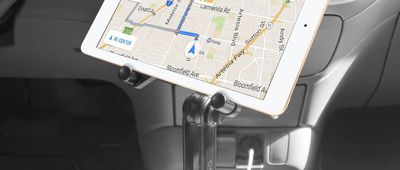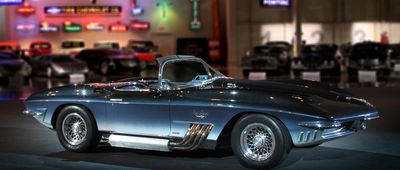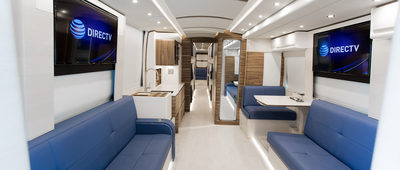A Current Runs Through it
Between supply chain issues and recent record-high gas prices, more drivers are considering purchasing electric vehicles. American automakers are shifting toward electric-vehicle production as well, though they're being outpaced by companies overseas. If U.S. production “remains slow in the face of this competition, it could lock in a reliance on imported vehicles and components, particularly batteries, for decades to come,” the Center for American Progress said in 2020. But plans for facilities to build all kinds of EVs and their batteries are taking shape, and there's a push to expand a network of charging stations nationwide. As momentum gathers, more companies are hopping on the EV bandwagon, including Hertz, which has announced plans to install chargers in low-income neighborhoods in Denver.
Related: Electric Cars Cheaper Than a Tesla






























